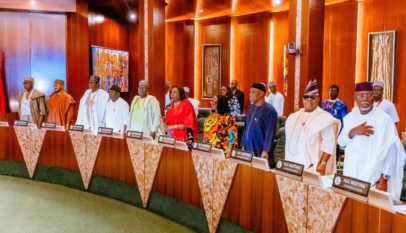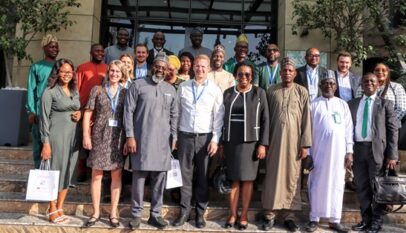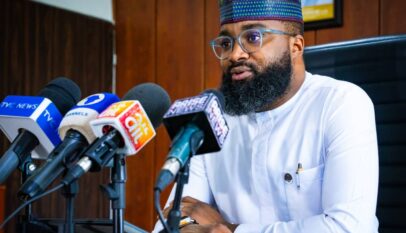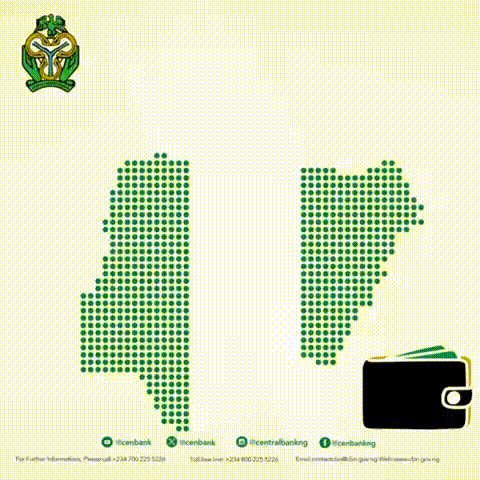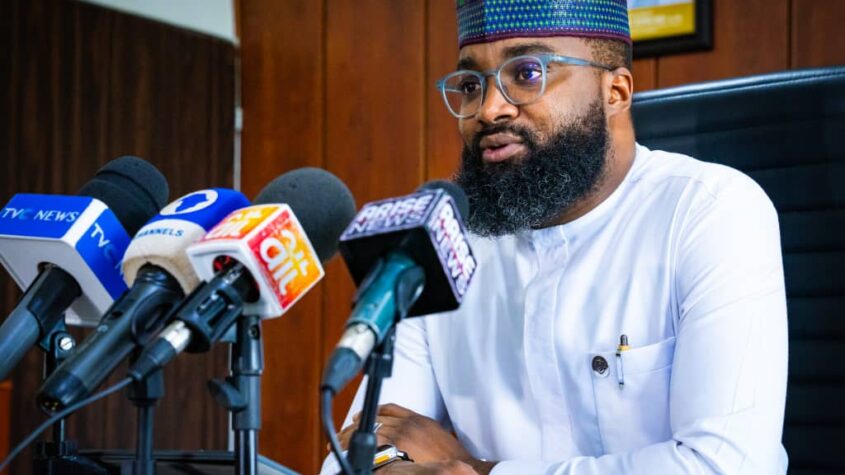
Halilu Targets Q1 2024 To Put NASENI Products In Nigeria Market
Secures $200m Deal with REA on Renewable Energy
The Executive Vice Chairman of the National Agency for Science and Engineering Infrastructure (NASENI), Mr. Khalil Halilu has said his vision or direction for the Agency’s products and technologies is to make them available in every household in Nigeria in the next few years.
Nonetheless, Halilu disclosed in Abuja today that some tangible products emanating from NASENI’s prototypes will be in the market through technology transfer arrangements, specifically, by 1st quarter of year 2024.
“Expect some products from NASENI’s R&D efforts in Nigeria market during the first quarter of 2024”. The EVC/CEO disclosed this on Thursday November 2, 2023, during his maiden television media interaction held at the Agency’s headquarters in Abuja. Halilu said expectations from stakeholders of NASENI are very high as its activities must ensure transparency and focus to assist the Agency deliver on its mandate.
According to him, part of his preoccupations since assuming office in September is to give adequate attention to enhance the human capital potential of the Agency through improved motivation for staff to enable them adjust to the transformations to be introduced in the system. Also, he said stakeholders’ engagements and efforts to rebrand the Agency around its products and technologies have remained top priorities.
The New NASENI Chief Executive said that the era of stacking prototypes on shelves has ended in the Agency, saying that all its products and technologies must find their ways to the market.
“We are going to do a national re-branding to have footsteps of NASENI products in every household in the country. In the next few years this is what Nigerians should expect. We are no longer going to sit back to watch endless research and prototypes, keeping them on the shelves.
“We will take them to the market so that Nigerians can consume them. In fact, one of our next year plans is to have NASENI Showrooms in key cities of the country. So that NASENI products are not things you view only on televisions but anyone could walk into our product outlets to experience those technologies that we’ve been talking about. And that is another way we will be expecting the public to hold us accountable as part of the promises we made.”
The EVC/CEO further stated that he met lots of wonderful researches with over 150 products at prototypes level when he came on board. “However, the commercialization aspects are very little. Coming from my background of manufacturing and technology innovation, I believe the whole essence of doing research is to transform it into meaningful products that will have impacts on the economy.’’
“We are going to do this through technology transfer. Ever since we made the announcement to go into technology transfer particularly, especially the intention to have our products in the market, we have been receiving a lot of interests from private sector organisations looking out for our capacity, the spread and goodwill which we are endowed with being a government organisation and how they can partner with us.”
He recalled a recent trip to China by the top management of the Agency, led by the EVC/CEO himself: “we just came back from China with the Vice President from the Belt and Road Initiative (BRI) Forum where we signed a $2 billion dollar partnership MOU for technology transfer into Nigeria which is something we were able to achieve in just five weeks of operations. At the same forum, we received a lot of partners that provided letters of Intent to partner with us, to invest in the country’s economy amounting to $4 billion,”
The EVC said NASENI’s China trip has the potential to yield about $6 billion in foreign direct investment (FDI) to Nigeria. And the areas that the agency received interests were around Unmanned Aerial Vehicles (UAVs), Electric Vehicles (EVs), Agricultural equipment, Electronics and Electrical equipment and many others.
This effort he observed has sent a positive signal to the world and potential partners. “Everyone is looking forward to Africa, there is no better time than now to leapfrog development, reduction of unemployment and alleviation of poverty. We have resources in abundance and we have to add value to whatever we are doing. One of the alarming things in our economy is the fact that we are adding little or no values to our commodities, yet we are heavily a consuming economy with a big workforce. We are trying to see how we are going to change that narrative; given the kind of mandate we have at NASENI”
Nigeria cannot afford to continue to export her raw materials, therefore we have set up strategies, outfits and partners to see to the kind of policies as well as government inputs to support our desire to add value to our commodities and raw materials before exports.
Mr. Halilu recalled that NASENI under him has rigorously been involved in lots of stakeholder engagements with many organisations showing interest in its activities for collaboration and products offtake. One of such partners, he said was the Rural Electrification Agency (REA), for example, which had committed itself to a whopping $200 million procurement agreement with NASENI as long as our agency could produce the kind of products they consume.”
He said that NASENI’s team has also conferred with the Minister of Science and Technology to explore areas of opportunities around gas, ditto, the Ministers of Information and Finance amongst other stakeholders. He added that lots of stakeholders’ have lined up and shown much interests in the new direction being charted by the New NASENI, and are willing to partner with the agency. The most recent of the stakeholders’ engagement took place on Wednesday this week when the management of the Agency, led by the EVC/CEO, met with members of the National Assembly, especially the Senate Committee on NASENI which has oversight function on the Agency.
“The distinguished lawmakers wanted products to come to the economy and NASENI too wants products to go into the market, so both we and the senators are on the same page in terms of expectation and the renewed hope to revamp the economy along the lines of productivity and development of the real sector.

